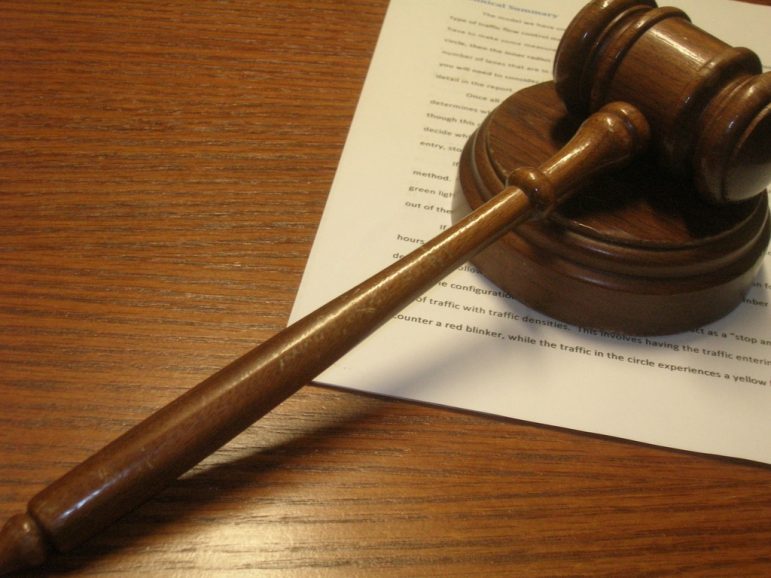If you don’t pay a traffic ticket on time – or you lose in court – you may end up paying a hefty court fee in addition to the fine. In some cases, those fees in Birmingham bring the bill to up to 10 times the amount of the original ticket.
Over the years, the Legislature has raised court fees to cover the costs of running the system. Many people think this is a bad idea.
To understand court fees, you should talk to Ronald Rich.
“I don’t know if it’s designed for the money or the failure,” Rich explains. “But I feel like it’s a mixture of both.”
Rich has been pulled over at least 15 times, sometimes for something as small as a broken tail light. The tickets pile up. Rich doesn’t make a lot and has five kids, so money’s tight.
When he doesn’t pay the ticket, a warrant is issued for his arrest. His license is suspended. He’s even been to jail a few times for unpaid tickets.
“It’s a never-ending battle and when you look through all this paperwork – my whole file,” Rich almost laughs, “it’s tickets.”
Rich has done community service but still owes the court around $3,000, and it’s unlikely he’ll be able to pay.
Judges understand the situation people like Rich are in, so sometimes they waive the court fees.
State Representative Steve Clouse explains that with this combination of high court costs and judges waiving fees, the state has hit a wall.
“It’s reached the point of diminishing returns,” Clouse says in a phone interview. “[Court fees] can get so high that it gets to be counterproductive.”
Clouse is right. The fees aren’t doing what the legislature intended.
According to a study by the think tank the Public Affairs Research Council of Alabama, in 2012 the Legislature raised court fees in hopes of bringing in 36 million dollars.
They only got half that. The bulk of court fees don’t go back to the courts. Instead, they pay for other programs.
For instance, in Birmingham, the municipal court gets about one-fifth of the fees it collects. The rest goes to things like DNA and fingerprint collection across the state or the public defender’s office. Some is even sent to the state’s general fund.
Judge Andre Sparks heads the Birmingham municipal court, and Sparks says court fees are a stand-in for that which shall not be named in Alabama –- taxes.
“They don’t want to say they are raising taxes, but every time they raise court costs, guess what you are doing?” Sparks explains. “What they have done is make us a collection agency for some of the stuff they are doing in Montgomery. And is it fair? Probably not.”
As the state’s general fund has shrunk over the years, the legislature has relied more and more on court fees to fund the whole system.
According to that same study by the Public Affairs Research Council of Alabama, in 2010, one-third of the courts’ budget was paid from the general fund.
By 2013, the amount had fallen to two percent, leaving court fees to cover almost half of the court’s budget.
“I think the question is ‘Is this how we want to fund our government?’” says Kira Fonteneau, head of the Jefferson County Public Defender’s office. For her, it comes back to the fact that the courts are largely relying on people who can’t pay fees.
“Even if we assess this – can we collect it?” Fonteneau posits.
Her questions speak both to the fairness of the fees, and whether they hurt more than they help.
Photo by steakpinball

